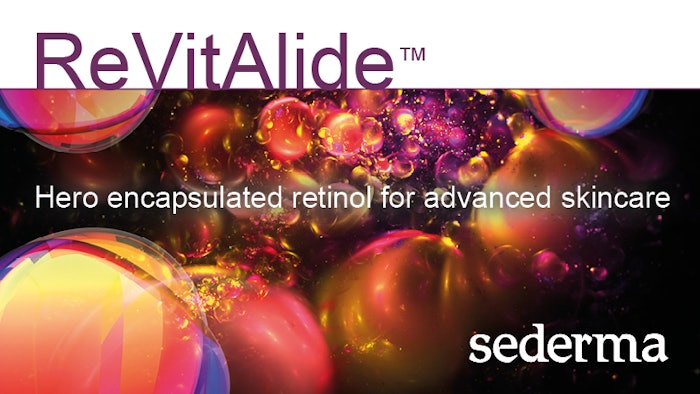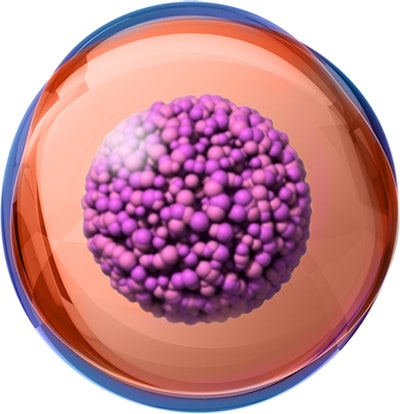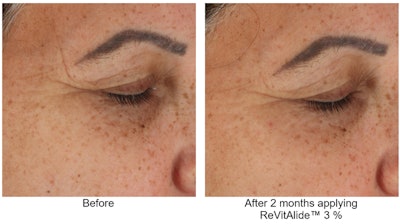
Retinol, also known as vitamin A, is a liposoluble retinoid, a group of chemicals including natural and synthetic derivatives of vitamin A. It is an essential nutrient involved in many biological functions such as embryogenesis, bone growth, immune system, reproduction, eyesight and cell cycle. In its natural form, vitamin A exists in animal sources as preformed vitamin A (retinol and retinyl esters) and as provitamin A (carotenoids and specifically β-carotene, β-carotene, and β-cryptoxanthin) in vegetable sources.
How does retinol work in the skin?
Retinol is very famous in the cosmetic industry thanks to its multi-function activity that helps achieve healthy, glowy and smooth skin appearance. In the skin, retinol speeds up cell renewal. It modulates skin cell metabolism by increasing neosynthesis of extracellular matrix components (collagen, GAG…) and by reducing the production of ECM degradation enzymes as well as melanin content in skin. As a result, this hero ingredient reinforces the skin barrier, reduces wrinkles and blemishes, brightens the skin tone and even stimulates hair growth.
Retinol, a tricky ingredient
Retinol features several drawbacks limiting its cosmetic use. It is unstable to environmental conditions such as UV, air and
Retinol also exhibits skin irritation potential commonly known as retinol burn or retinisation. Depending on skin type and active concentration, retinol burn may happen when people use retinoid for the first time resulting to an irritant contact dermatitis also known as retinoid dermatitis. In EU, the SCCS (2016) considered retinol as safe at the maximum of 0.05 % in body product and at the maximum concentration of 0.3 % in leave-on/rinsed-off hand or face product.
Advantages of encapsulated cosmetic actives
Encapsulation technologies are solutions used in the cosmetic industry to deal with formulation challenges and/or to potentiate efficacy of cosmetic active ingredients. ReVitAlide™ is the brand-new Sederma’s hero encapsulated retinol. It is a water dispersible suspension designed to respond to market demand for stable, easy-to-formulate, highly bioavailable and well-tolerated retinol. This encapsulated form developed in collaboration with Inventiva (part of Croda International Plc ©) features an improved stability of retinol as well as high skin bioavailability.
Clinical evaluation showed good skin tolerance when using ReVitAlide™. It reduces wrinkle appearance and prevents their formation.

Encapsulation technologies offer new opportunities to design advanced active ingredients for the cosmetic industry. Discover more on Sederma’s easy-to-handle retinol and our other encapsulated solutions like the one used for Crystalide®
Disclaimer:
The above paid-for content was produced by and posted on behalf of the Sponsor. Content provided is generated solely by the Sponsor or its affiliates, and it is the Sponsor’s responsibility for the accuracy, completeness and validity of all information included. Global Cosmetic Industry takes steps to ensure that you will not confuse sponsored content with content produced by Global Cosmetic Industry and governed by its editorial policy.










